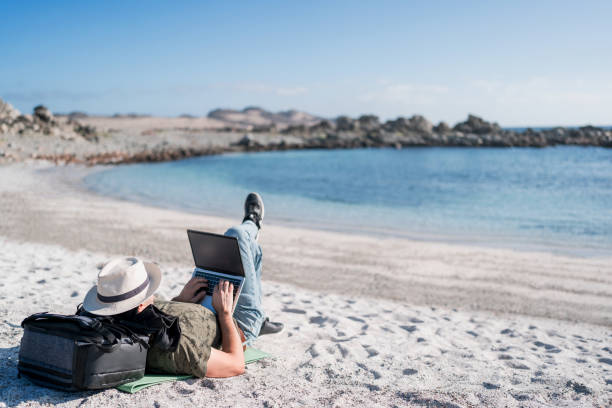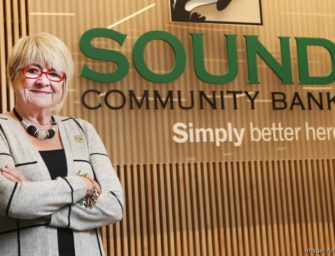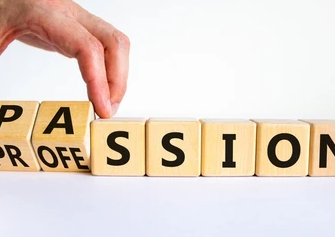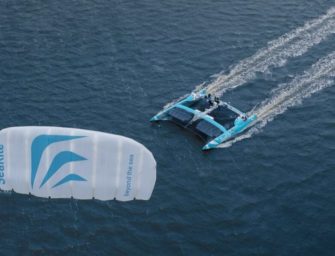Business as a Lifestyle: What Founders Do When They’re Not Working (But Still Are)
When you imagine a startup founder taking time off, you might picture beaches, yoga retreats, or mountaintop views. And you’d be right — but not for the reasons you think. For many entrepreneurs, there is no hard line between work and life. Business isn’t a job. It’s a lens through which they see the world — including their downtime.
Welcome to the reality of modern founders: they may look like they’re off the clock, but they’re still absorbing, reflecting, and building — just differently.
Travel: The Unofficial Boardroom
Whether it’s a co-living space in Bali, a startup bootcamp in Lisbon, or a solo hike through Patagonia, travel plays a central role in many founders’ lives. But it’s not just for the ‘gram — it’s strategic. Changing environments offers fresh perspectives. A new city can inspire product design. A chance encounter in a café may lead to a new investor or collaborator.
Founders often travel not to escape business, but to reconnect with its essence — curiosity, learning, and human connection. As one startup CEO put it: “Every trip is R&D for how people live, think, and solve problems.”
Wellness: Recharging with Purpose
Burnout is real — and founders know it. Many are turning to wellness not just as recovery, but as part of their operating system. Morning breathwork, intermittent fasting, cold plunges, or 10-day Vipassana retreats — these aren’t just lifestyle trends; they’re performance tools.
Wellness becomes a form of business optimization. A clear mind makes better decisions. A rested body handles stress more effectively. For many, wellness isn’t a break from productivity — it is productivity.
Creativity: The Side Projects That Feed the Main One
It’s no surprise that many founders are also artists, musicians, photographers, or writers in their spare time. But here’s the twist: they don’t see these creative outlets as distractions. They see them as fuel.
Running a business requires constant ideation, storytelling, and problem-solving. Engaging in creative hobbies helps founders tap into new mental spaces. A side project might spark a branding idea, or a songwriting session might unblock a product roadmap.
The boundaries are fluid — and intentionally so.
Personal Growth: The Founder as the Product
More and more founders are investing in themselves with the same energy they pour into their startups. Executive coaching, meditation apps, stoicism reading groups, silent retreats — the goal isn’t just to be a better CEO. It’s to be a better thinker, a better communicator, a better human.

In startup culture, self-awareness is a superpower. Personal growth isn’t a side mission; it’s foundational. After all, as companies scale, founders realize their mindset, emotional intelligence, and vision are often the biggest leverage points.
Always On, But Not Always Working
This lifestyle doesn’t mean founders are glued to their laptops 24/7. Instead, they’re cultivating a life where business and personal growth are deeply intertwined. Work happens during a trail run. Strategy emerges in the sauna. Inspiration strikes mid-surf.
In a world where business moves fast and leadership demands evolve constantly, today’s founders aren’t clocking out. They’re living in a way that makes space for creativity, reflection, and connection — because for them, life itself is the business plan.
Photos : shutterstock.com – istockphoto.com
















There are no comments
Add yours